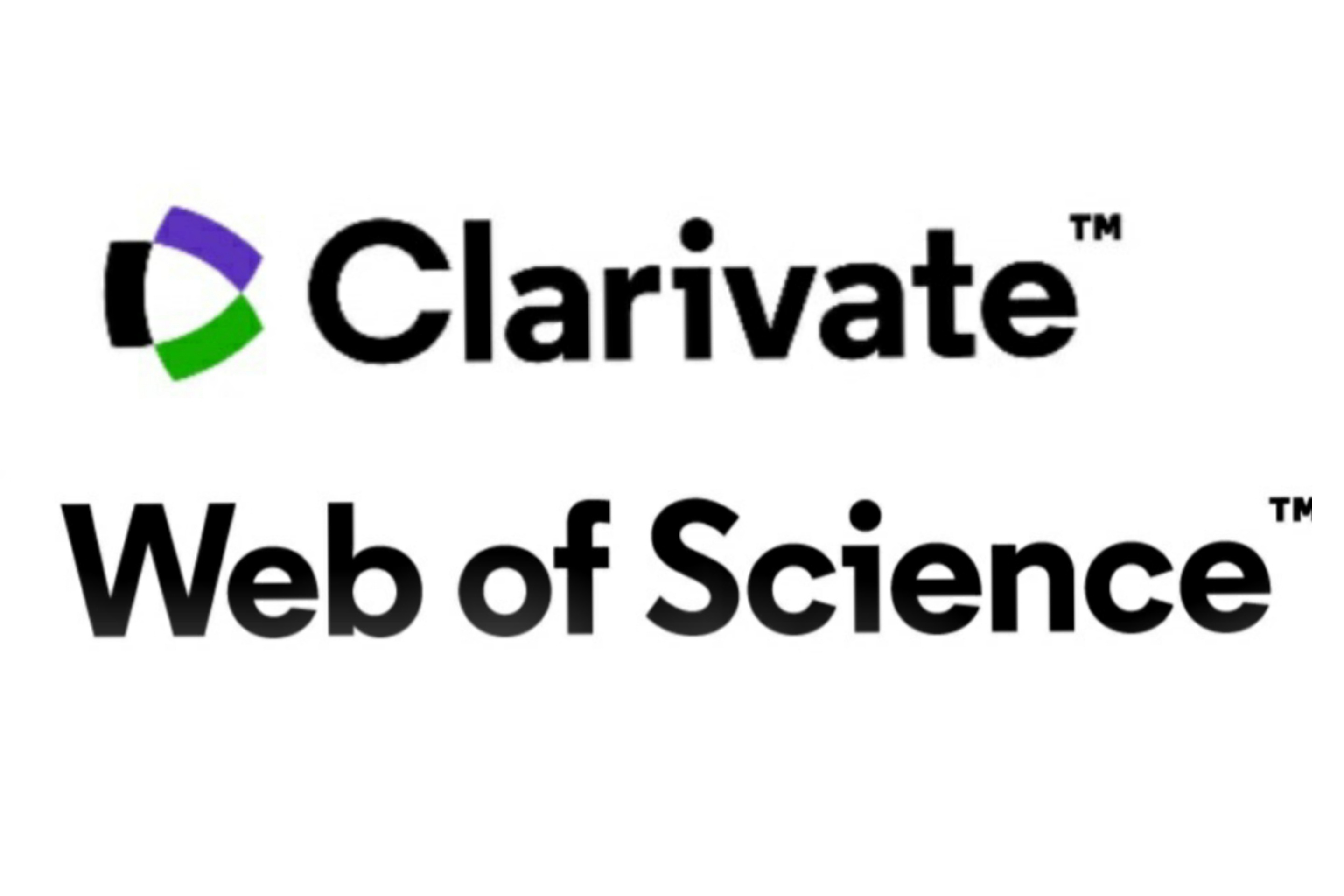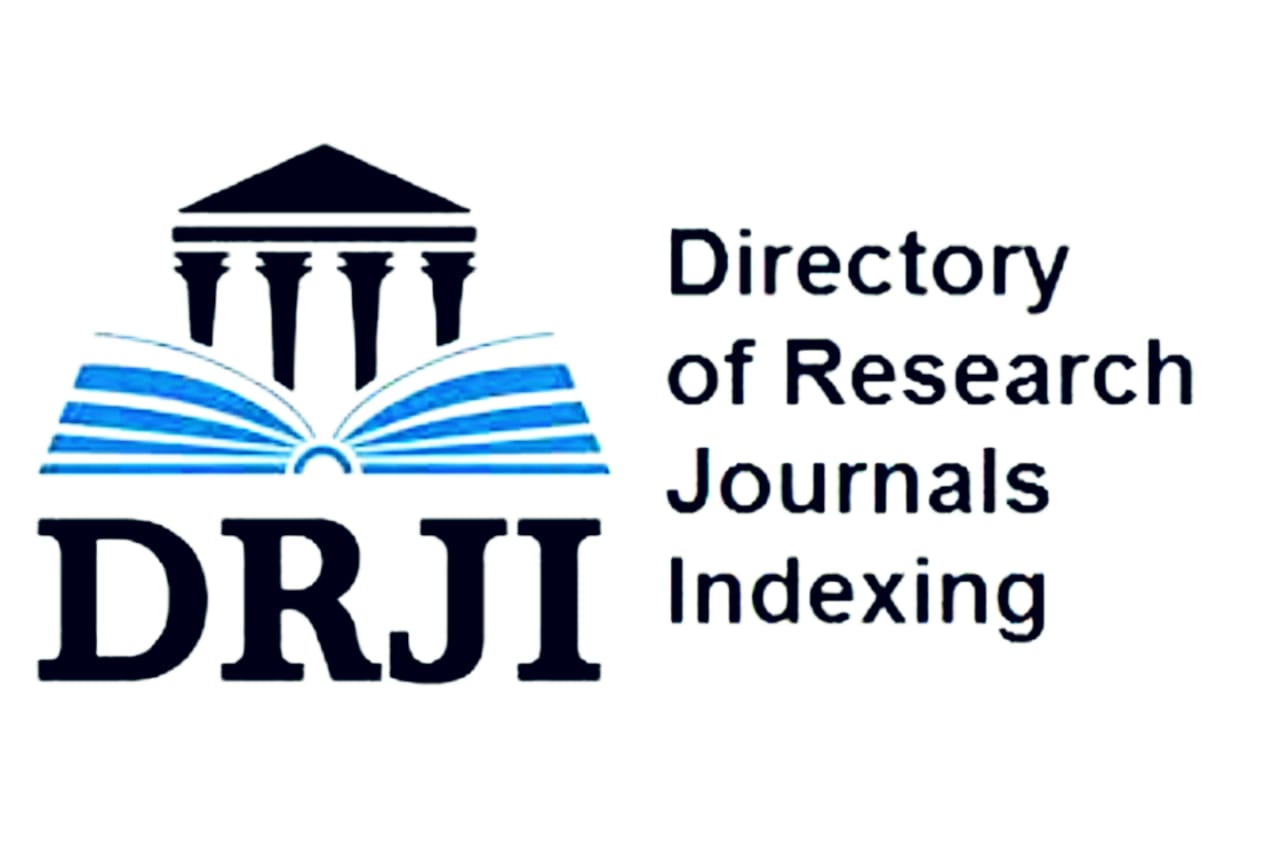Study of the component composition of seven Berberis speсies
DOI:
https://doi.org/10.26577/ijbch.2022.v15.i2.05Abstract
The qualitative and quantitative composition of fruit extracts of 23 forms of 7 barberry species (Berberis amurensis, B. heteropoda, B. iliensis, B. integerrima, B. oblonga, B. sibirica and B. thunbergii) collected on the territory of Kazakhstan and Uzbekistan has been studied. The extracts were obtained by adding 70% ethanol to the crushed fruits in a ratio of 1:5 (raw material-reagent) and subsequent separation with organic solvents, namely n-hexane, chloroform and ethyl acetate. Chromatographic analysis was conducted on Agilent 7890 A GC gas chromatography with Agilent 5975 inert MSD quadrupole mass spectrometer as a detector. The number of components found in the fruits of the 7 barberry species studied varies from 10 to 61. The identified components belong to various classes of chemical compounds as fatty acids, fatty acid esters, alkanes, alkenes, alkadienes, aromatic hydrocarbons, aldehydes, fatty alcohols, phenols, triterpenoids, ketones, and silicones. Squalene, phylloquinone, pyridine-3-carboxymidamide and propanamide were also found in all the samples studied, except B. oblonga. Also, in the all investigated Berberis species free monosaccharides as glucose, galactose, xylose and arabinose were found. The obtained information on the component composition of barberry can be used for the production of new medicines of a wide spectrum of action.
Downloads
How to Cite
Issue
Section
License
Copyright (c) 2022 International Journal of Biology and Chemistry

This work is licensed under a Creative Commons Attribution-NonCommercial-NoDerivatives 4.0 International License.
ааа

















